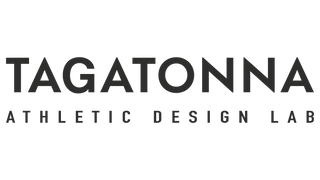-
Reduced Overproduction: Pre-orders allow companies to gauge the demand for a product before production begins. This can help prevent overproduction, which often leads to excess inventory that may go unsold and eventually become waste.
-
Efficient Inventory Management: By knowing the exact number of pre-orders, companies can optimize their inventory management. This minimizes the need for warehousing and storage, which can reduce the associated energy consumption and space requirements.
-
Lower Energy Consumption: Smarter inventory management and production planning can lead to reduced energy consumption in manufacturing and transportation. Companies can produce and transport only the necessary number of products, thus conserving energy resources.
-
Reduced Packaging Waste: With pre-orders, companies can plan for the exact number of products needed and minimize excess packaging. This can reduce the overall amount of packaging waste generated.
-
Encouragement of Sustainable Practices: Some companies that prioritize sustainability may use pre-ordering to promote eco-friendly products or production methods. Customers who pre-order these products may be more inclined to support environmentally responsible businesses.
-
Extended Product Lifecycles: By accurately predicting demand through pre-orders, companies can avoid discontinuing products prematurely due to perceived low demand. This can help extend the lifecycles of products, reducing the need to continually design and manufacture new ones.

